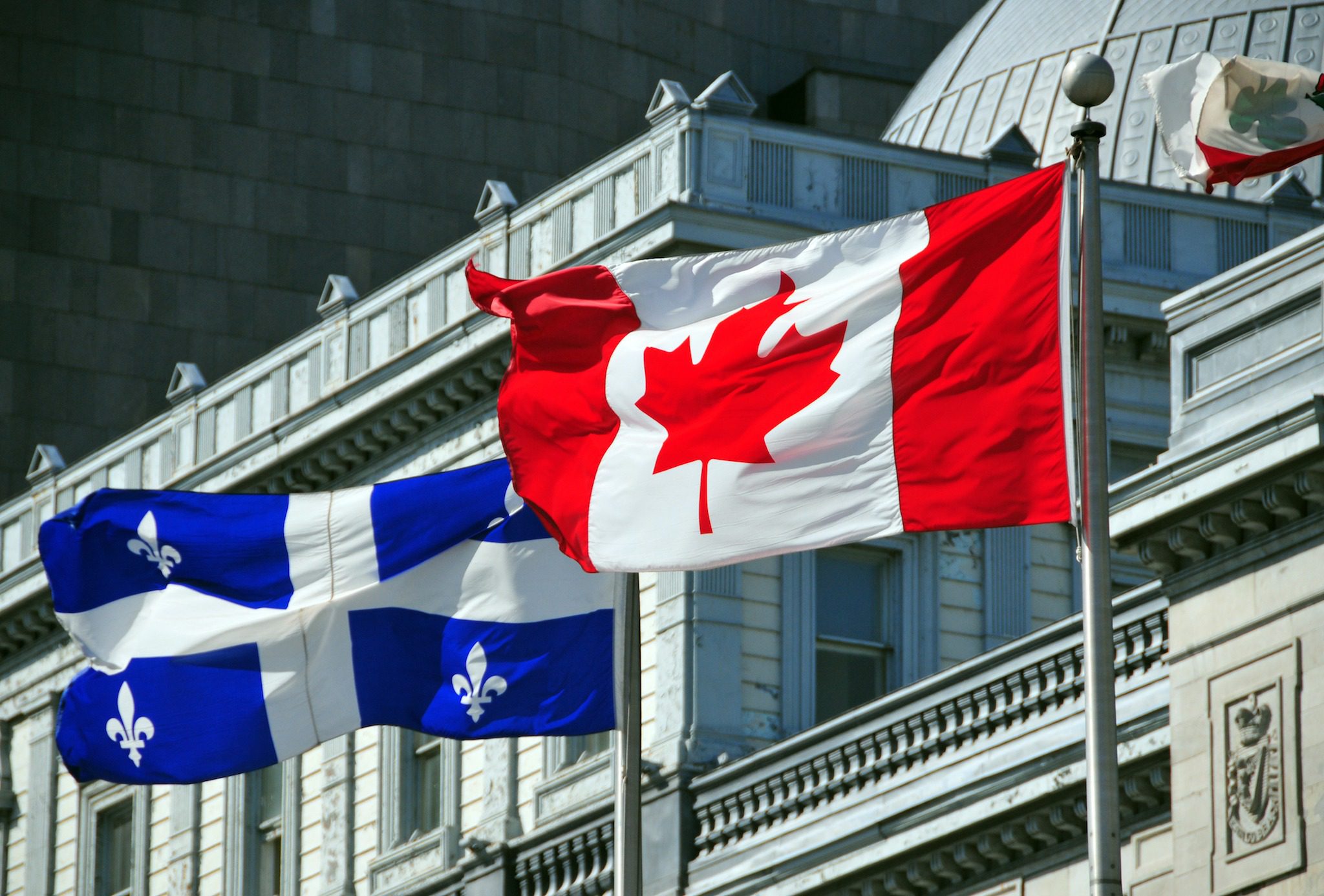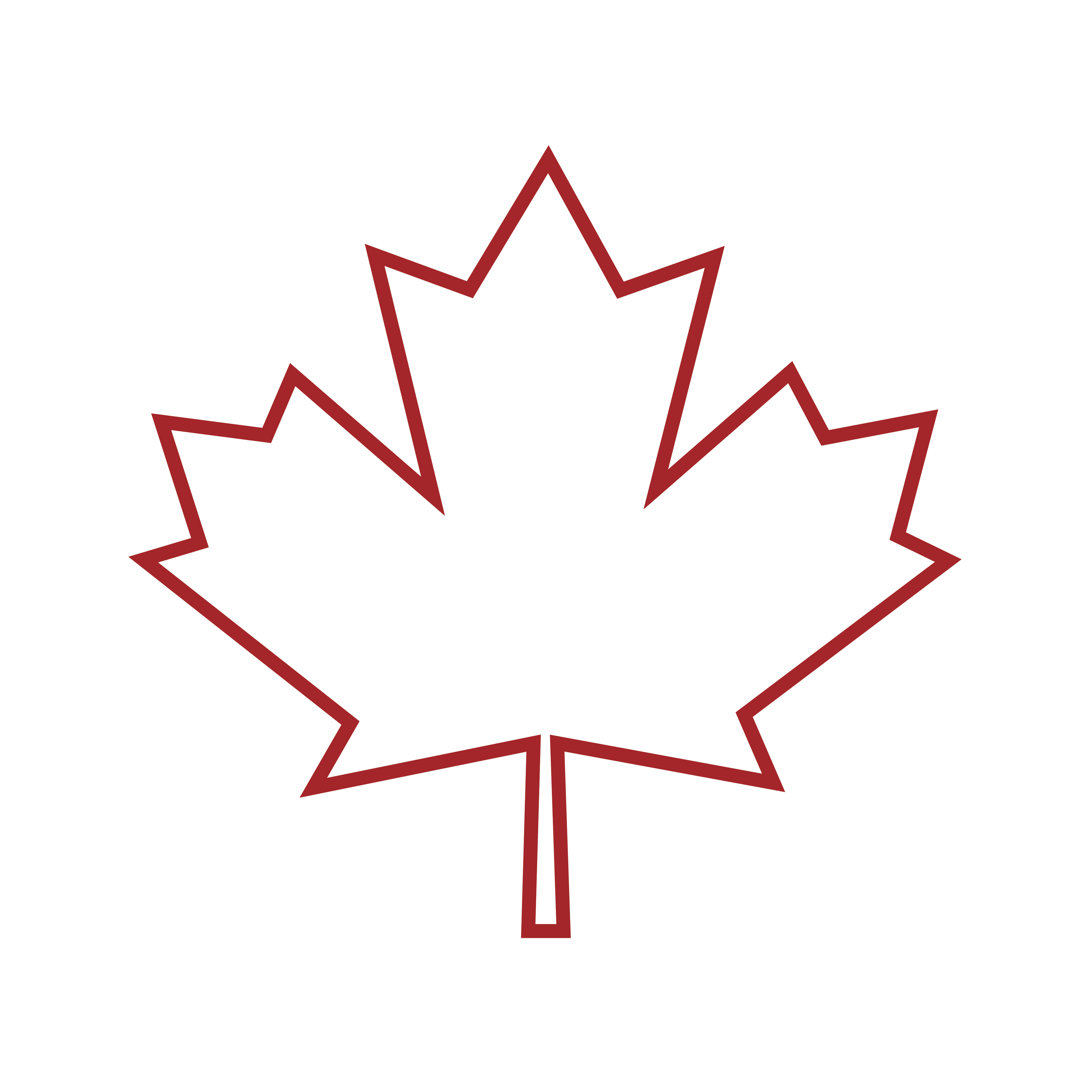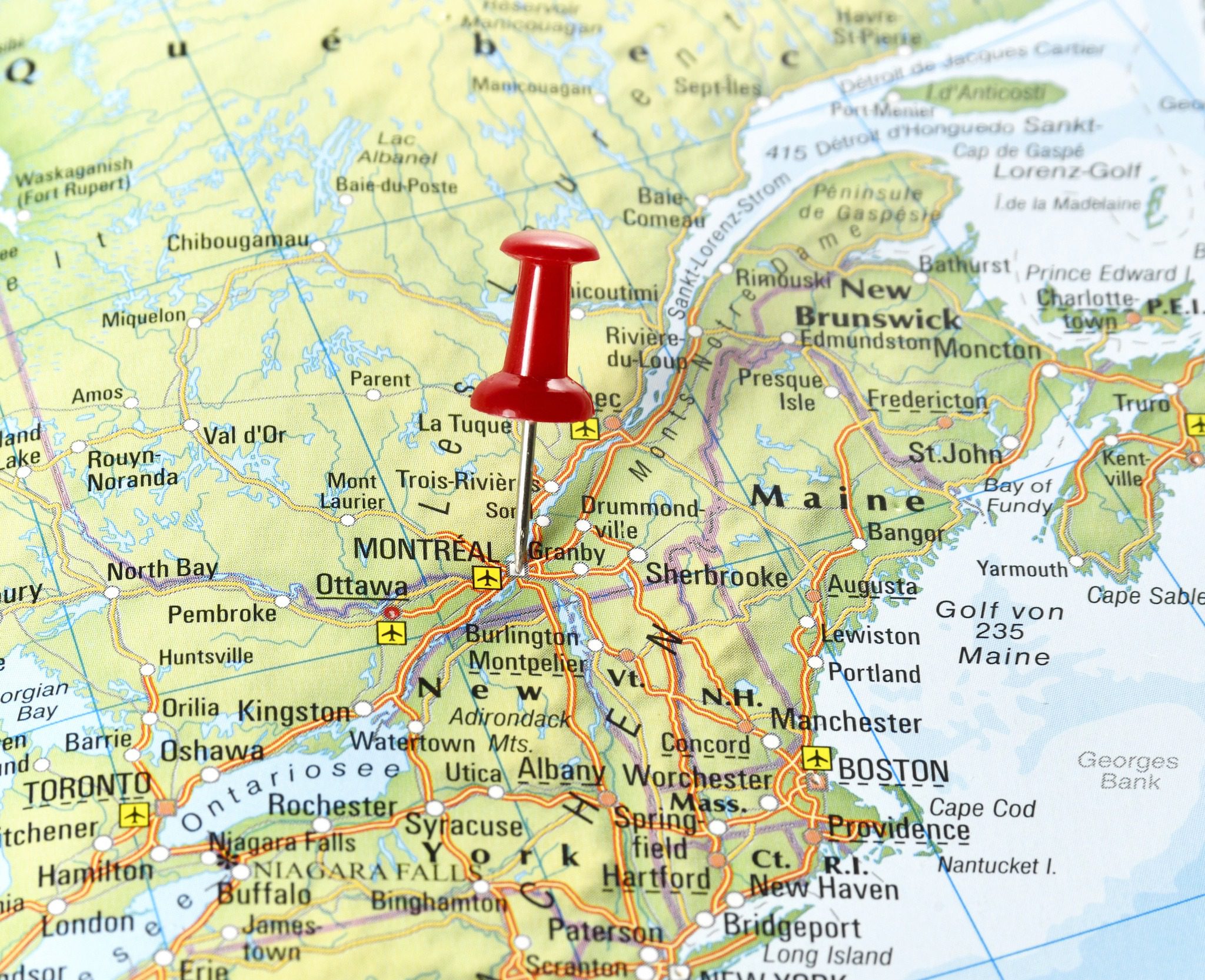We’ve just returned from an amazing time at Montreal Language Festival 2017. It was great to see so many language lovers from North America and beyond assembled under one roof. We loved being the festivals official games partner of the festival, and it was great to see so many of you taking part in the Language Game. Massive congratulations to all who participated over the course of the weekend, and finally here are the answers.
Round 1 / 1re partie
- What are the 4 official languages of Switzerland? Quelles sont les 4 langues officielles en Suisse ? German, French, Italian and Romansch. Allemand, Français, Italien, et romanche.
- In which 2 countries does Xhosa have official status? Quels sont les 2 pays où le xhosa a un statut officiel ? South Africa and Zimbabwe. L’Afrique du Sud et le Zimbabwe.
- Approximately how many languages are spoken in Papua New Guinea? Approximativement, combien de langues sont parlées en Papouasie-Nouvelle-Guinée ? 850
- How many official languages does the United States have? Combien y a-t-il de langues officielles aux Etats-Unis ? 0
- Which South American country is famous for its Welsh-speaking community? Quel pays d’Amérique du Sud est connu pour sa communauté parlant gallois ? Argentina. L’Argentine.
- Macedonian, Croatian and Slovenian are all part of which language family? Macédonien, croate et slovène font partie de quelle famille linguistique ? Slavic. Slave
- To which language family does Finnish belong? A quelle famille linguistique le finnois appartient-il ? Uralic/ouralienne
- What living languages form part of the Baltic family group? Quelles langues encore vivantes aujourd’hui font partie de la famille balte ? Lithuanian and Latvian. Le lituanien et le letton.
- Draw a line to match the languages to their names in their own language. Reliez les différentes langues à leurs noms.
Irish / irlandais – Gaeilge
Scottish Gaelic / gaélique écossais > Gàidhlig
Manx / mannois > Gaelg
Welsh / gallois > Cymraeg
Cornish / cornique > Kernowek
Galician / galicien > Galego
- How many official languages does the UN have and what are they? Combien de langues offcielles y a-t-il à l’ONU et quelles sont-elles ? 6: Arabic, Chinese, English, French, Russian and Spanish. 6: l’anglais, l’arabe, l’espagnol, le français, le mandarin et le russe.
BONUS: Match the ‘Hello’ to the language! Reliez les différents « Bonjour » aux langues correspondantes!
- Esperanto / espéranto > Saluton
- Croatian / croate > Zdravo
- Zulu / zoulou > Sawubona
- Hungarian / hongrois > Szia
- Tswana / tswana > Dumela
- Vietnamese / vietnamien > Xin chào
- Turkmen/ turkmène > Salam
- Lingala / lingala > Mbote
- Tagalog / tagalog > Kamusta
- Slovak / slovaque > Ahoj

Round 2 / 2e partie
- Which three letters denote click sounds in Zulu? Quelles sont les 3 lettres qui permettent de retranscrire les clics en zoulou? C, q, x.
- In which language does the glyph ՞, placed over the last vowel, act as a question mark? Quelle est la langue qui utilise le signe au-dessus d’une voyelle comme point d’interrogation ? Armenian. L’arménien.
- Which language is this script from? En quelle langue cette phrase est-elle écrite ? – 안녕하세요. Korean / coréen
- Which language is this script from? En quelle langue cette phrase est-elle écrite ? – សួស្ដី! Khmer / khmer
- Which language or languages capitalise all nouns? Quelle(s) langue(s) utilise(nt) des majuscules pour écrire les noms ? German / allemand
- Which two scripts does the Serbian language use? Quels sont les deux alphabets que le serbe utilise ? Latin and Cyrillic. L’alphabet latin et l’alphabet cyrillique.
- In Tumbuka, these are the numbers 1 – 5. Vous trouverez ci-dessous les nombres de 1 à 5 en tumbuka.
|
One / un Two / deux Three / trois Four / quatre Five / cinq |
chimoza
viwiri vitatu vinayi vinkhonde |
If 11 is khumi na chimoza and 12 is khumi na viwiri, how do you say 14? Si 11 se dit khumi na chimoza et 12 khumi na viwiri, comment diriez-vous 14 ? khumi na vinayi
- Which language was written with the Chinese script until it developed its own alphabet in the 15th century? Quelle langue utilisait les caractères chinois avant de développer son propre alphabet au XVe siècle ? Korean. Le coréen.
- Hiragana and katakana are writing systems of which language? Quelle langue utilise les deux systèmes d’écriture hiragana et katakana ? Japanese. Le japonais.
- How do you write a Greek question mark? Comment s’écrit le point d’interrogation grec ? ;
BONUS: Here are the first lines of some epic works of literature. Find what language it is in, and what the work is called in that language.
Dante, La Divina Commedia: “Nel mezzo del cammin di nostra vita / mi ritrovai per una selva oscura / ché la diritta via era smarrita.”
Tolstoy, Anna Karenina: “Все счастливые семьи похожи друг на друга, каждая несчастливая семья несчастлива по-своему.”
Shakespeare, Macbeth: “When shall we three meet again? / In thunder, lightning, or in rain?”
Cervantes, Don Quixote: “En un lugar de la Mancha, de cuyo nombre no quiero acordarme, no ha mucho tiempo que vivía un hidalgo de los de lanza en astillero, adarga antigua, rocín aco y galgo corredor.”

Round 3 / 3e partie
- Hungarian has no grammatical gender. True or false? Le hongrois n’a pas de genre grammatical. Vrai ou faux ? True. Vrai
- From which language do we borrow the term ‘ab initio’ (and what does it mean)? De quelle langue vient le terme « ab initio » (et que cela veut-il dire) ? Latin- ‘from the start’. Du latin- ‘depuis le début’.
- From which language do French and English borrow the following words: bungalow, gymkhana, jungle? De quelle langue viennent les mots français et anglais : bungalow, gymkhana et jungle ? Hindi. Hindou.
- The Maltese language mostly derives from which languages? De quelle langue dérive le maltais? Mostly Arabic, with English and Italian. Majoritairement de l’arabe, avec de l’anglais et de l’italien.
- ‘Twa’ means ‘two’ in which Germanic language? En quelle langue germanique « Twa » est-il la traduction de « deux » ? Scots / scots.
- From which language do we borrow the word kiwi? De quelle langue vient le mot « kiwi » ? Maori. Du māori.
- There is one error in each of these sentences. What is it? Il y a une erreur dans chacune de ces phrases. Quelles sont–elles ?
a) Je n’aimes pas les tomates. (Français) > Je n’aime pas les tomates.
b) Non mi piace i pomodori. (Italiano) > Non mi piacciono i pomodori.
c) I dont like tomatoes. (English) > I don’t like tomatoes. d) Ich mag keine tomaten. (Deutsch) > Ich mag keine Tomaten.
d) Ich mag keine tomaten. (Deutsch) > Ich mag keine Tomaten.
- What does the word ‘Gift’ in German mean? Que veut dire le mot « Gift » en allemand ? poison / du poison
- Lingala borrows many words from which major European language? A quelle langue européenne le lingala emprunte-t-il beaucoup de mots? French / français
- ‘Biborin’ means ‘Sorry’ in which of these languages? En quelle langue le mot « Biborin » veut-il dire « Pardon » ? Kurdish / kurde

Round 4 / 4e partie
- ‘El gelat’ means ‘ice cream’ in which of these languages? En quelle langue le mot « el gelat » veut-il dire « crème glacée » ? Catalan / catalan
- In Italian, the word ‘camera’ means: Que veut dire le mot « camera » en italien ? a room / une pièce
- ‘Mirupafshim’ means ‘Goodbye’ in which language? En quelle langue le mot « Mirupafshim » veut-il dire « Au revoir » ? Albanian / albanais
- In which language does the word ‘wabbit’ mean ‘tired’? En quelle langue le mot « wabbit » veut-il dire « fatigué » ? Scots / scots
- In which language does ‘Kaixo’ mean ‘Hello’? En quelle langue le mot « Kaixo » veut-il dire « Bonjour » ? Basque / basque
- What does the word ‘embarazada’ mean in Spanish? Que veut dire le mot « embarazada » en espagnol ? pregnant / enceinte
- The Welsh word ‘cwtch’ refers to: The mot gallois « cwtch » se traduit par : a hug / un câlin
- ‘Mar sin leibh’ means ‘Goodbye’ in which language? En quelle langue le mot « Mar sin leibh » veut-il dire « Au revoir » ? Scottish Gaelic / gaélique écossais
- In New Zealand English, what are French fries known as? En Nouvelle-Zélande, quel est le mot pour frites ? hot chips
- In Quebec French, if you refer to your ‘blonde’, what do you refer to? Au Québec, que désigne le mot « blonde » ? Your girlfriend/ Ta petite amie.

Round 5 / 5e partie
- These phrases are from Tok Pisin, a creole language based on English. Say the phrases out loud to help identify their meaning in English, then match the Tok Pisin to the translation. Ces expressions viennent du tok pisin, un créole à base lexicale anglaise. Dites ces phrases à voix haute et essayez d’identi er leurs sens en anglais puis reliez-les à leurs traductions en tok pisin.
a) Mi get hetpen > I have a headache / J’ai mal à la tête
b) Ples bilong waswas > Bathroom / La salle de bains
c) Eight mun > August / Août
d) Kau mit > Beef / Le bœuf
e) Ples blo queen > United Kingdom / Le Royaume-Uni
f) Hariap > Quick / Rapide
g) Klostu > Soon / Bientôt
h) Solwara > Sea / La mer
i) Mi laik drink > I’m thirsty / J’ai soif
j) Mi pulap > I’m full / J’ai bien mangé
k) Singautim paiya trak > Call the re brigade / Appelez les pompiers
l) Mi no klia > I don’t understand / Je ne comprends pas
2. These phrases are from Haitian Creole, a creole based on French. Say these phrases out loud to help identify their meaning, and match the letter to the number. Ces expressions viennent du créole haïtien, un créole à base lexicale française. Dites ces phrases à voix haute et essayez d’identifer leurs sens puis tentez de relier les lettres aux nombres correspondants.
a) Nwa > Les noix / Nuts
b) Sab > Le sable / Sand
c) Wi mesi > Oui merci / Yes please
d) San sik > Sans sucre / Without sugar
e) Mens Mince / Thin
f) Pen griye > Le pain grillé / Toast
g) M-pa kontan > Je suis énervé(e) / I’m angry
h) Izin > L’usine / Factory
i) Mewn pa konprann > Je ne comprends pas / I don’t understand
j) Lwen > Loin / Far
k) Pwav > Le poivre / Peppercorns
l) Chwal > Le cheval / Horse
3. Find an Esperanto speaker. What do the idiomatic expressions ‘krokodili’ and ‘aligatori’ mean? Essayez de trouver quelqu’un parlant espéranto. Que veulent dire les expressions « krokodili » et « aligatori » ?
a) krokodili – To speak your native language at a gathering of Esperantists. Parler dans sa langue maternelle durant un rassemblement d’espérantistes.
b) aligatori – To speak your native language with someone who speaks it as a second language. Parler sa langue maternelle avec quelqu’un qui la parle comme deuxième langue.
4. Animals make different sounds in different languages. Match the sound a frog makes to the language it makes it in. If you’re feeling brave, take a video of yourself being a frog in all these languages and post it to the LangFest Facebook page! Les animaux poussent des cris différents dans différentes langues. Reliez le cri de la grenouille à la langue correspondante. Prenez-vous en vidéo en imitant la grenouille dans toutes ces langues et postez-la sur la page Facebook LangFest.
a) Ribbit > 3. English / anglais
b) Kum kum > 1. Polish / polonais
c) Oac > 5. Romanian / roumain
d) Croac croac > 6. Spanish / espagnol
e) Quak quak > 2. German / allemand
f) Kva kva > 4. Lithuanian / lituanien
5. Complete the crossword with the missing word from each idiom. Find someone from each language to help you, and find out the literal and idiomatic meaning of each proverb / idiom. Complétez ces mots croisés avec les mots manquants de chaque proverbe. Essayez de trouver quelqu’un de chaque langue pour vous aider à trouver le sens littéral de chaque proverbe.
- In bocca al lupo. (italiano: Good luck! Bonne chance!)
- Poser un lapin à quelqu’un. (français: to stand someone up)
- Ich verstehe nur Bahnhof. (Deutsch: I don’t understand a thing. Je ne comprends rien.)
- Wszędzie dobrze, gdzie nas nie ma. (polski: The grass is always greener on the other side. L’herbe est toujours plus verte ailleurs)
- Pagar o pato. (português do Brasil: to take the blame for something you didn’t do. Prendre la responsabilitée de quelque chose que vous n’avez pas fait)
![]()